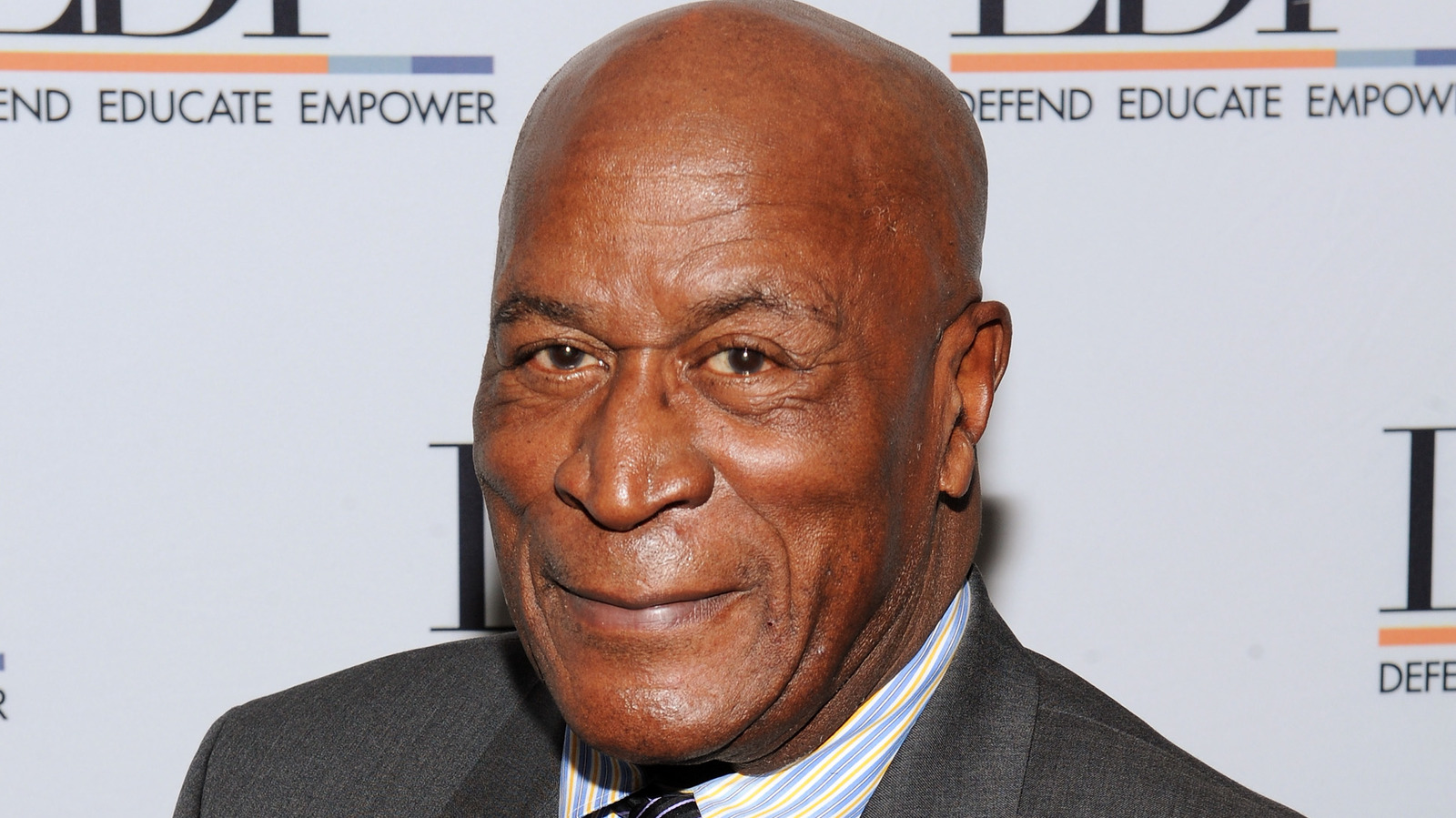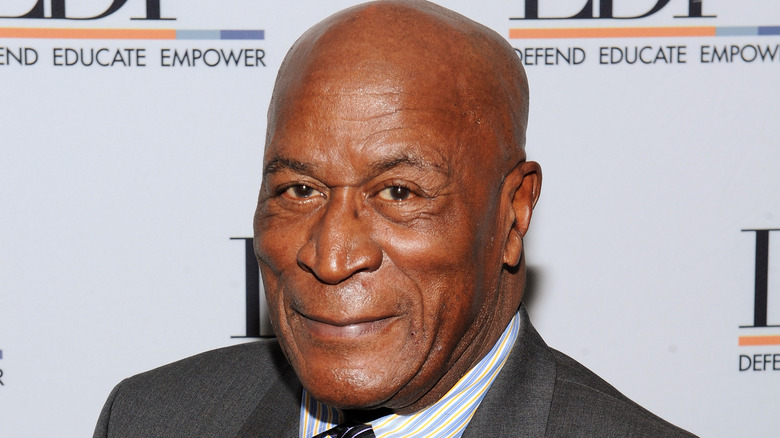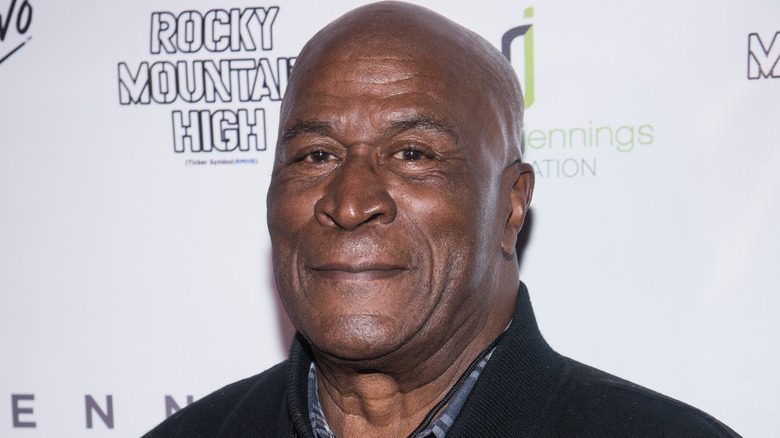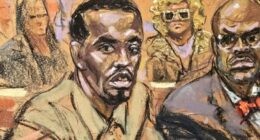American actor John Amos died at age 84 on August 21, his son K.C. told The Hollywood Reporter on October 1. “It is with heartfelt sadness that I share with you that my father has transitioned,” he said in a statement. “He was a man with the kindest heart and a heart of gold… and he was loved the world over. Many fans consider him their TV father. He lived a good life. His legacy will live on in his outstanding works in television and film as an actor.”
Born on December 27, 1939, Amos hailed from Newark, New Jersey. He played professional football and was a boxer before becoming a star. Not only did Amos have a remarkable acting career, but he also had a remarkable childhood. After Brown v. Board of Education, Amos was “part of the inaugural desegregating classes of two schools in New Jersey,” according to Time. “I had suffered those indignities in real life integrating those two schools, of being told that I was a physical anomaly,” Amos told the news source. “Having kids wipe their finger along your cheek to see if the black came off, or saying about my nose, ‘Geez, can you breathe through that thing or walk through it?'”
Things improved for Amos when he joined the cast of “The Mary Tyler Moore Show.” He said that the cast was welcoming. “It was an actor’s heaven,” he shared with Time. “Mary was quite a skilled comedienne, but her forte was really underplaying. What really could have been passed off as pedestrian comedy became an actor’s lesson in how you get people together — Cloris Leachman, Mary and so many wonderful, wonderful actors with good material—to become a life form, almost.” While “The Mary Tyler Moore Show” was the launching point for Amos’ career, it didn’t stop there.
John Amos spoke out about his firing from Good Times
John Amos’ film and TV credits date back to the 1970s. He starred in “Good Times,” “Hunter,” and “The West Wing,” among countless others. Amos spoke fondly of his experience on “Good Times” and the show’s creator, Norman Lear. “I remember — I couldn’t forget — the fact that Norman was probably the most courageous producer/writer/director that had come into television,” Amos told Vulture. “I was very fortunate to get to work for him. We tackled subject matter that nobody touches today, things like seniors being forced to eat pet food because of financial constraints.”
However, Amos also opened up about the experience of portraying a Black father in the 1970s on television. He told Time, “Me, the experience of working and living at the time as an African American. And some of [Lear’s] writers, who theorized what my reactions or the character’s reactions would be, predicated on a Beverly Hills point of view for the most part.” Amos was fired from the show. He explained that he became confrontational about some parts of the script. “No, you don’t do these things,” Amos explained, recalling what he said at the time. “It’s anathema to Black society. I’ll be the expert on that, if you don’t mind.”
Prior to his death, Amos denied claims of elder abuse after his daughter Shannon announced he’d been hospitalized, according to TMZ. While Amos’ rep, Belinda Foster, confirmed he’d been admitted to have fluid drained from the lower half of his body, she said he’d almost completely recovered when Shannon launched a GoFundMe on his behalf.












